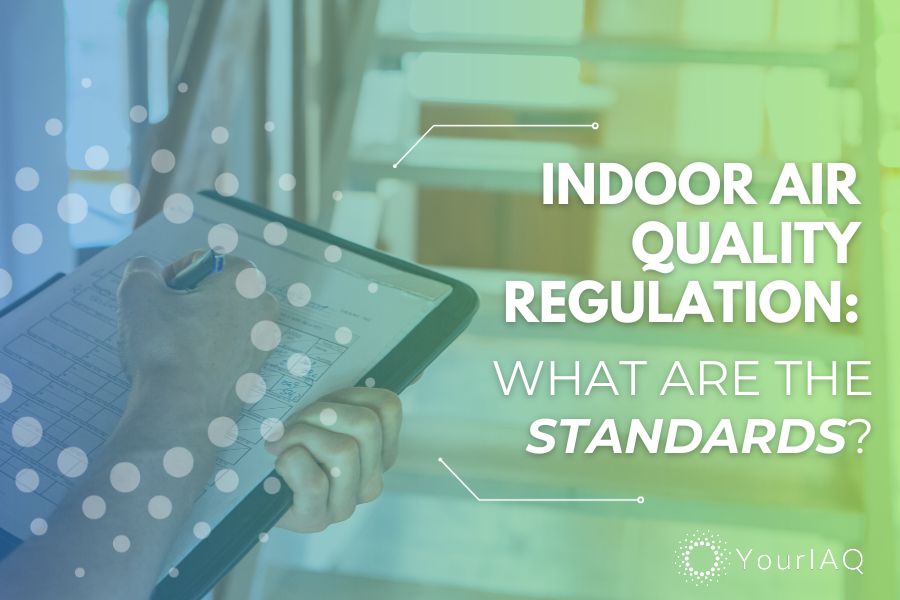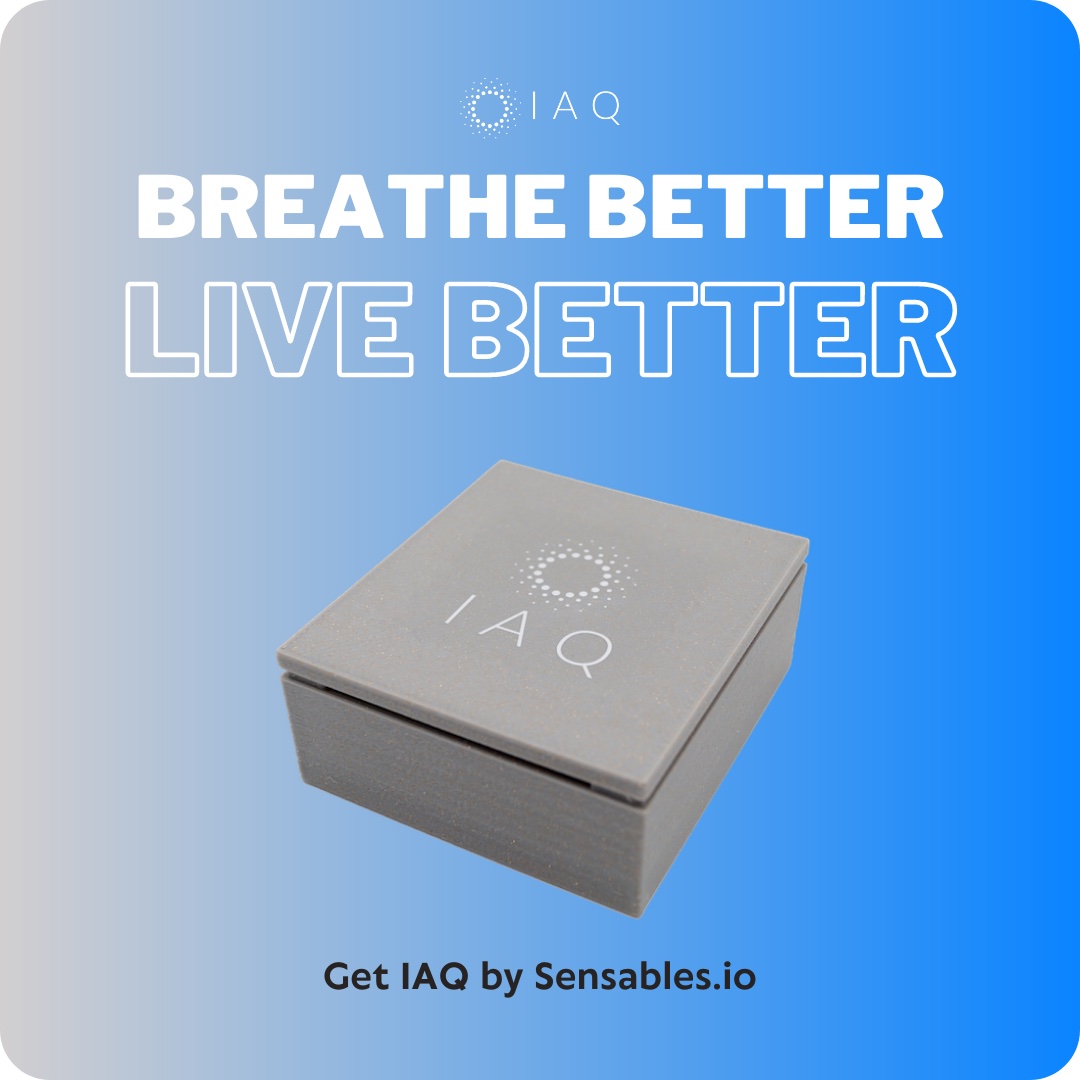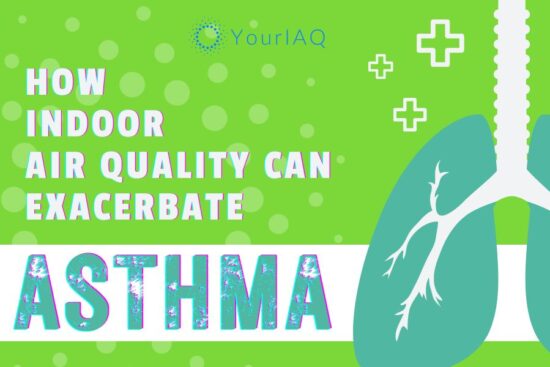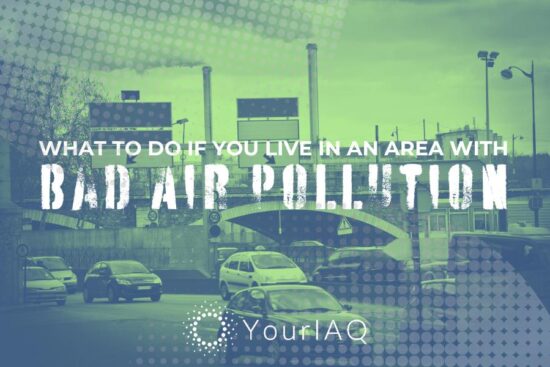
Though often overlooked, indoor air quality (IAQ) is a critical component of daily life, invisibly impacting the health, comfort, and well-being of millions of people in homes, offices, and public spaces. Because its effects are so far-reaching, the role of governments in this domain is vital for creating healthier indoor environments. To shed light on the subject, we recently spoke to author and air quality expert Sotirios Papathanasiou. We discussed how government actions can improve IAQ, what constitutes effective global regulations, the challenges in standardizing IAQ measures, and the potential for government intervention to promote IAQ technologies. Here are some of his answers to our questions.
What is the role of governments in helping improve indoor air quality across society?
Governments can influence indoor air quality (IAQ) through various strategies, encompassing regulatory measures, education and awareness campaigns, research and development initiatives, and public-private partnerships.
For example, governments can establish regulations and standards to control the emission of indoor air pollutants from various sources, including building materials, paints, furnishings, and appliances. These regulations aim to minimize the presence of harmful chemicals, allergens, and volatile organic compounds (VOCs) that can impair IAQ.
Additionally, governments can mandate stricter building codes and construction standards that prioritize IAQ. This includes requirements for proper ventilation, air filtration systems, and the use of materials with low emissions.
Are there any existing regulations or standards in any country that you think are effective in helping improve the health of air quality for the population?
There are several existing regulations and standards in various countries that have demonstrated effectiveness in improving indoor air quality and promoting public health. However, they are not usually enforced. Here are a few notable examples:
- World Health Organization (WHO) Indoor Air Quality Guidelines
- United States Environmental Protection Agency (EPA) Indoor Air Quality Guidance
- Singapore Indoor Environment Quality Standards (IESQS)
- Australia/New Zealand Building Code (ANZBC)
What are the primary challenges when it comes to generating IAQ standards that could be applied across the country?
Developing and implementing IAQ standards that can be applied across an entire country presents several complex challenges. These challenges stem from the multifaceted nature of IAQ, the variability of indoor environments, and the need to balance various factors. Here are some of the primary challenges:
- Understanding diverse sources of indoor pollutants
- Balancing environmental and economic considerations
- Addressing variability in indoor environments
- Setting realistic and measurable standards
- Encouraging public awareness and compliance
- Addressing long-term health effects and chronic exposure
- Assessing the impact of emerging pollutants
- Reconciling conflicting regulations and standards
- Monitoring and enforcement challenges
- Addressing socioeconomic disparities
Would government regulations or standards help rapidly promote the spread of technologies that could improve indoor air quality?
Government regulations or standards can play a significant role in accelerating the adoption of IAQ technologies, specifically through the IAQ measurement and monitoring scheme.
By setting clear guidelines and requirements, governments can incentivize the development, production, and implementation of innovative IAQ solutions. This can lead to wider availability of these technologies, driving down costs and increasing accessibility to individuals, businesses, and communities.
Final Thoughts
According to Papathanasiou, the government’s role in enhancing IAQ is pivotal. By implementing effective regulations and standards, addressing standardization challenges, and promoting innovative technologies, governments can significantly improve the health and well-being of their citizens. As we navigate the complexities of IAQ, a collaborative effort between government, industry, and the public is essential for creating healthier indoor environments.
To learn more about the work of Sotirios Papathanasiou, check out his website or follow him on X and LinkedIn.







